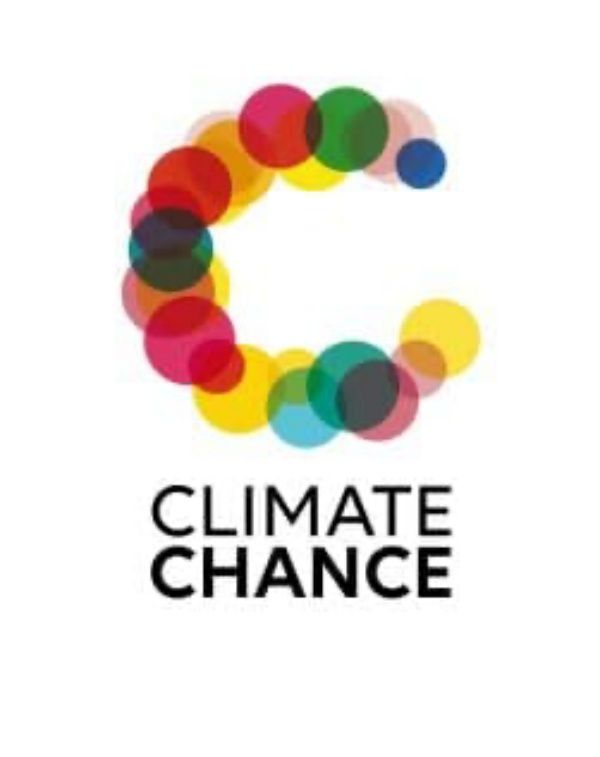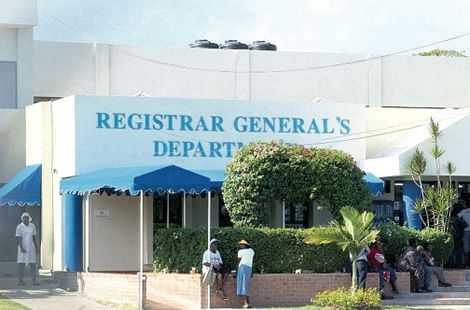
Climate change and illegal mining, popularly known as Galamsey, are the greatest threats facing the production of cocoa, Ghana’s leading foreign exchange earner.
In a panel discussion hosted by Graphic Online on its YouTube social media network, dubbed “Your Ghana, My Ghana', the experts said changes in rainfall patterns and global warming render planning in the cocoa sub-sector challenging, while indiscriminate prospecting for gold illegally by artisanal miners also affect the cultivation of the cash crop.
The two-member panellists, the Chief Executive Officer (CEO) of the Ghana Cocoa Board (COCOBOD), Joseph Boahen Aidoo, and the General Secretary of the Ghana Agricultural Workers’ Union (GAWU), Edward Kareweh, discussed cocoa production in Ghana and its attendant issues on the theme: “Will Cocoa be part of Ghana’s future”.
Rainfall patterns
Mr Aidoo lamented that even though the nation’s greenhouse emissions and carbon footprint were practically insignificant, global warming had adversely affected rainfall patterns making planning for the crop extremely difficult.
“At times when we don’t expect rains, they come. When you want rains, they don’t come. That’s for the cocoa. In 2020, the whole of June, July and August there was no rain at all.
Then from October ending, November, December, January and February, it was raining. Can you imagine? January, February and it was raining as if we were in June, July,” he recalled.
Galamsey
On the issue of “galamsey”, the COCOBOD CEO stressed that the emboldened activities of the perpetrators had rendered many water bodies surrounding cocoa farms unsafe for farmers.
“We commissioned the Ghana Irrigation Development Authority (GIDA) to do a pre-appraisal assessment for us and in the report they brought, almost all the rivers were contaminated, and you cannot use that milky muddy water to do anything with cocoa.
“You cannot use it for spraying. These days farmers have to transport water from their homes in tricycles making farming very expensive,” Mr Aidoo stated. Explaining the science behind the process, he said the stomata of the leaves, which regulates gas exchange between the plant and environment, would be blocked by mud in the water leading to the eventual death of trees.
He added that the issue of climate change could be tackled to a significant extent through irrigation but due illegal mining and the choking of rivers by silt, collecting water in the rivers surrounding cocoa farms would do more damage.
“Either that or you’ll have to be changing your filters more frequently and farming would be coming very expensive. And you cannot also use boreholes because they are not reliable. Any country depends on surface running waters. We can’t do same here because of galamsey,” Mr Aidoo added.
Decision time
The General Secretary of GAWU, Edward Kareweh, stated that the entire nation had a decision to make with regards to cocoa — whether we still wanted to have the crop as the nation’s foreign exchange earner or we look to other sources.
“This country, once upon a time, was not a leading producer in cocoa. It was brought from somewhere. It was not even part of our environment. It was brought in, we planted, nurtured it and today, we are a major producer of cocoa,” he said.
Mr Kareweh intimated that the galamsey menace was not only destroying cocoa but the future of the country as a whole. He said although COCOBOD had a role to play in mitigating the issue, the external factors, which were beyond the regulator’s domain had to be addressed first.
“COCOBOD cannot stop galamsey. They’ll chase them away. COCOBOD doesn’t own the rivers and don’t have the authority or capacity to stop people from mining in the rivers. It is just outside their mandate, which is facilitating the production of cocoa so long as the right conditions are put in place for them,” he said.
The GAWU General Secretary called for the establishment of a bank, which would be financing and lending money to the cocoa production regular and the entire sub sector.










